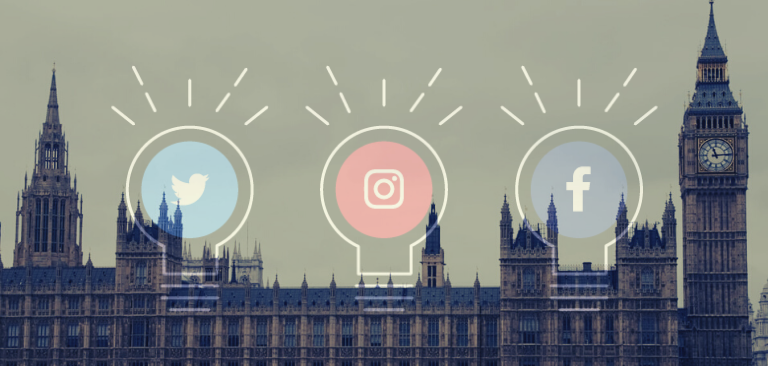In the UK, what is “illegal on the street” will become illegal online, if the upcoming Online Safety Bill passes. Critics warn the bill would have a chilling effect on free speech, as people will be afraid of saying what they feel for fear they will offend someone.
“The most important provision of that is to make what’s illegal on the street, illegal online, and to make sure that social media companies have proper regimes in place to remove illegal content,” the UK’s Culture Secretary Oliver Dowden told Times Radio.
He added that companies that do not comply with the rules on policing online speech will be fined “up to 10 percent of their global revenue.”
“If you think of a large social media company, I won’t choose one to name, but they have multi-billion pounds worth of revenue. That is a very strong sanction for racism,” Dowden explained.
Dowden admitted that there are advantages of online anonymity, but does not believe that the provisions in the bill will have a “blanket” ban on anonymity.
“For example, if you are looking to flee domestic violence or if, for example, you’re a teenager exploring your sexuality, you don’t want others to know about it… there are legitimate grounds for preserving anonymity.”
“This is why we’ve got robust provisions for illegal content, protecting children and legal but harmful, but I do also have to weigh up the other benefits of having anonymity online,” he explained.
The UK government is taking a different approach from other conservatives governments such as Poland and Hungary, which are trying to make it illegal for Big Tech platforms to censor the content of users in their countries.
In fact, under the Conservative government, more restrictions on free speech have been introduced. For example, the police now officially record “non-crime hate incidents,” making them part of someone’s criminal record, yet these incidents are not actual crimes.
In January, the UK’s broadcasting regulator Ofcom, revised the definition of hate speech to include “all forms of expression which spread, incite, promote or justify hatred based on intolerance on the grounds of disability, ethnicity, social origin, gender, sex, gender reassignment, nationality, race, religion or belief, sexual orientation, color, genetic features, language, political or any other opinion, membership of a national minority, property, birth or age.”
The former leader of the Conservative Party, Sir Iain Duncan Smith criticized the move, saying that the country is “drifting into a totalitarian ‘woke’ state where nothing can ever be said for fear that somebody will be offended. It’s madness, and it’s driven by a small minority. Most people don’t care.”
Under the upcoming Online Safety Bill, which will be introduced in parliament in May, Ofcom will have the authority to regulate online platforms.













